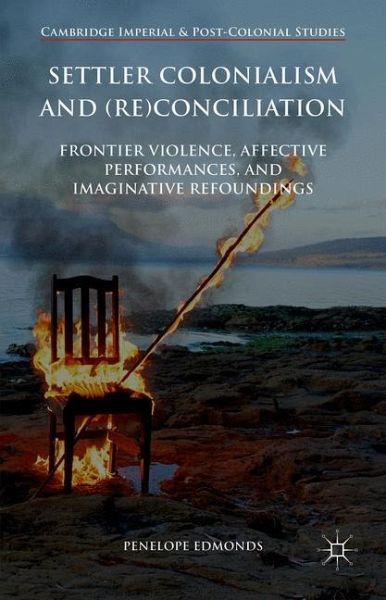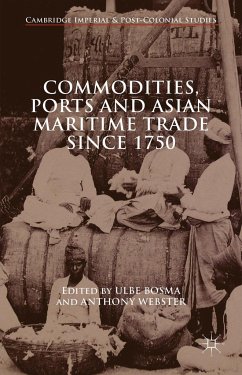
Settler Colonialism and (Re)conciliation
Frontier Violence, Affective Performances, and Imaginative Refoundings
Versandkostenfrei!
Versandfertig in 6-10 Tagen
57,99 €
inkl. MwSt.
Weitere Ausgaben:

PAYBACK Punkte
29 °P sammeln!
This book examines the performative life reconciliation and its discontents in settler societies. It explores the refoundings of the settler state and reimaginings of its alternatives, as well as the way the past is mobilized and reworked in the name of social transformation within a new global paradigm of reconciliation and the 'age of apology'.












